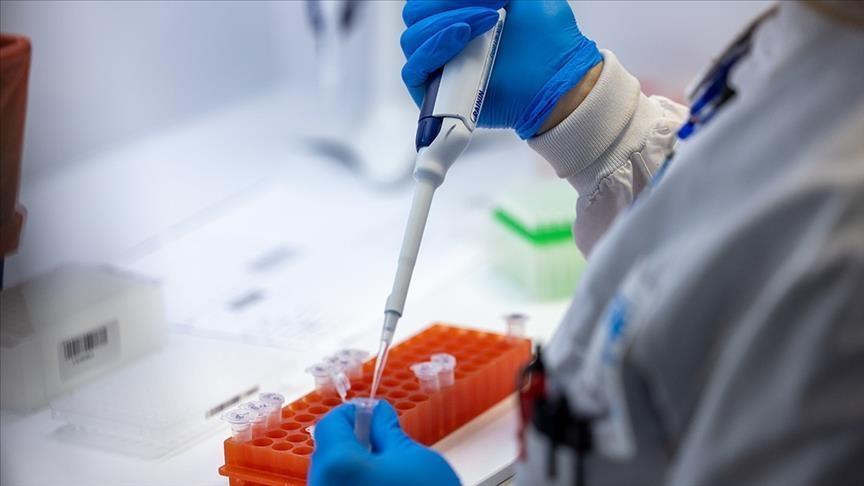Africa-Press – Kenya. The newly emerging COVID-19 variant BA 2.86, nicknamed “Pirola,” is a little bit more infectious but “does not seem to be more severe,” according to the Executive Director of the American Public Health Association.
“So far, the various strains that we’re seeing, while some of them are more infectious than others, are not any more lethal overall, despite the number of mutations they seem to have,” Georges Benjamin told Anadolu.
“However, the biggest threat is that they all create a little more vaccine escape, meaning that the vaccine is less effective every time you have one of these major changes (new variants),” he said.
Benjamin said they expect a “peak in respiratory diseases, including COVID” for people living in the Southern Hemisphere in their next winter.
According to the US Centers for Disease Control and Prevention (CDC), “existing tests used to detect and medications used to treat COVID-19 appear to be effective with this variant.”
“BA.2.86 may be more capable of causing infection in people who have previously had COVID-19 or who have received COVID-19 vaccines,” it said.
Due to the low number of cases so far, a specific symptom of Pirola itself has not yet been detected.
However, severe nausea, a cough, sore throat, runny nose, sneezing, fatigue, headache, muscle aches and altered sense of smell were observed in the patients with whom the new variation was detected.
Lack of equal access to vaccine
Benjamin underscored that “we do not have equal access to COVID-19 vaccines,” which is a “failure of our global system.”
“People become more infected because they’re not getting vaccinated at the rates that they need to,” he said.
“We’re now seeing an upsurge in the infection because of this. So people who are not vaccinated at all continue to be at significant risk of getting really sick and some are dying prematurely.
“If you’re fully vaccinated, you’re not getting real sick in most cases,” he added.
Infections rising globally, posing threat to vulnerable communities
Benjamin said infections are increasing worldwide, especially among low-income populations in countries with weak healthcare systems and those lacking access to updated vaccines.
High-income Western nations also face rising infections due to insufficient vaccination rates.
Controlling new variants requires a robust vaccine program, prioritizing under-vaccinated communities and maintaining vaccination levels in fully vaccinated individuals.
Earlier this month, World Health Organization (WHO) Director-General Tedros Adhanom Ghebreyesus said that only 43 countries are reporting death tolls from COVID cases to the organization and only 20 countries are providing information.
“The BA.2.86 variant has been detected in small numbers in 11 countries,” he added.
The WHO also said the low level of at-risk people who received a vaccine dose recently is one of its “biggest concerns.”
“Our message is not to wait to get an additional dose if it is recommended for you,” Ghebreyesus said.
Japanese Prime Minister Fumio Kishida said last week that Japan “must prepare for the next infectious disease outbreak.”
“We must be ready for the next infectious disease, learning from the lessons through our fight against COVID-19,” Kishida told the 78th session of the UN General Assembly in New York.
Previously, the UK’s National Health Service (NHS) also urged students to get COVID-19 vaccines and boosters before the new school season begins.
“Schools returning can lead to a spike in infections with children,” NHS vaccines director Steve Russell told The Sun Daily.
Misinformation challenges vaccination efforts in US
A minority in the US has been misled into believing that COVID-19 is not a real threat and that vaccines are unnecessary.
This misinformation, sometimes intentional disinformation, has led to vaccine hesitancy. State actors have also contributed to the confusion regarding the disease and vaccine effectiveness in the US and globally.
Benjamin stressed that to combat disinformation, it’s crucial to rely on trusted sources such as healthcare providers, doctors and government health agencies, including the American Public Health Association and similar organizations worldwide.
Source: AA
For More News And Analysis About Kenya Follow Africa-Press






